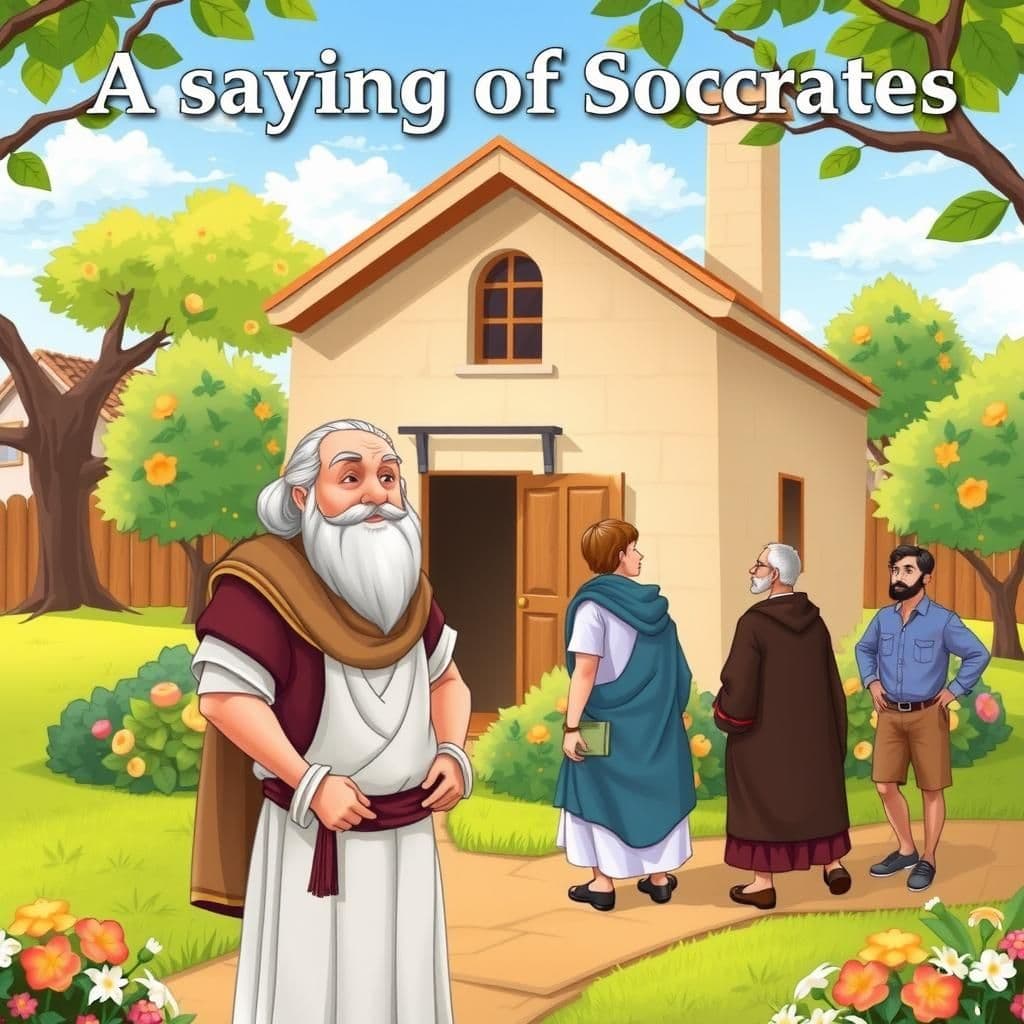The Labourer and the Nightingale
In the fable "The Labourer and the Nightingale," a Labourer captures a Nightingale to enjoy its beautiful song, only to find that the bird refuses to sing in captivity. After releasing the Nightingale, it imparts three valuable lessons: never trust a captive's promise, appreciate what you have, and do not grieve over what is lost forever. This well-known moral story emphasizes the importance of freedom and gratitude, making it a fitting tale for moral stories for class 7.

Reveal Moral
"The moral of the story is to value freedom and the wisdom of experience over material desires, while also recognizing the importance of cherishing what you have and letting go of the past."
You May Also Like

The Ass and His Shadow
In the simple short story "The Ass and His Shadow," a traveler hires an ass for transportation and seeks refuge from the intense heat under its shadow. A dispute ensues between the traveler and the ass's owner over who has the right to the shadow, escalating to a physical fight, during which the ass gallops away. This famous fable with moral illustrates that in quarreling over trivial matters, we often lose what is truly important, making it one of the best moral stories suitable for short bedtime stories with moral lessons.

The Fogy and the Sheik
In "The Fogy and the Sheik," a Fogy living near a caravan route discovers a Sheik boring for water, believing it will create an oasis that attracts caravans. The Sheik, however, warns that this could provide the Fogy with the opportunity to steal from the caravans. Ultimately, they come to a mutual understanding, exemplifying the simple lessons from stories that highlight the wisdom in recognizing different perspectives, a theme often found in well-known moral stories.

A Saying Of Socrates
In this wisdom-packed moral story, Socrates faces criticism for the size and design of his new house, as many claim it is unworthy of him. However, he wisely reflects that the house is actually too large for his few true friends, highlighting the rarity of genuine friendship amidst the many who profess to be friends. This classic moral story serves as a timeless lesson for students about the true nature of companionship, making it ideal for moral stories for class 7.
Quick Facts
- Age Group
- adultkidschildrenstory for class 2story for class 3story for class 4story for class 5story for class 6story for class 7story for class 8
- Theme
- FreedomWisdomLoss
- Characters
- LabourerNightingale
Subscribe to Daily Stories
Get a new moral story in your inbox every day.